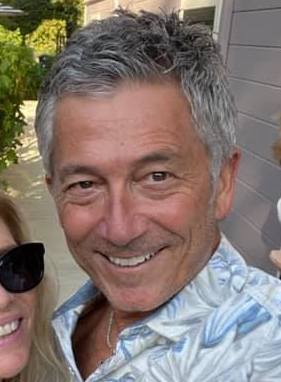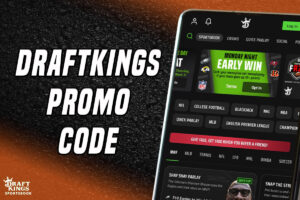Turn on the local evening news and the lead stories are always dramatic and almost always focused upon unsavory things.
What is it about bad news that draws us in? Why are so many interested in tragedies suffered by others?
Clearly local TV stations have picked up on society’s sinister attractions otherwise they wouldn’t lead with such sordid tales. Bad news captures the attention of the viewing audience and that equates to ratings, which in turn delivers advertising revenue.
It’s the nature of the beast.
Social media works similarly.
This morning we posted a piece from Brian Bower about The Ed Block Courage Awards Gala. For those of you who aren’t familiar it is a wonderful event that recognizes NFL players who have overcome extreme adversity in their lives in order to continue to perform on the field each Sunday in the fall.
Proceeds of the event are used to help at-risk children.
I doubt that the post on our Facebook page Ravens 247 will register much activity.
Conversely, yesterday we posted a screenshot from Lardarius Webb’s Instagram account shared with us by Douglas Momoh. Here’s the original exchange between the two.
The post, negative in nature, sparked passionate debate both for and against Webb who ironically was honored on the same day as the Ravens’ Ed Block Courage Award recipient.
Earlier this year following the Ravens loss to the Patriots in the divisional round Torrey Smith had an unpleasant exchange on Twitter with a fan.
When Brian Billick was the Ravens head coach he encouraged his players to take time to cool down after a loss or a bad game and not allow emotion to influence them to say something that they might later regret.
But that was before social media became mainstream – engrained in our culture.
Consequently the challenges that NFL head coaches face today are more daunting. Coaches can’t expect to stop these exchanges, only manage them in a way that minimizes the damage.
But at the end of the day, the responsibility is really that of the player. If they are going to get in the social media game they better have thick skin. It isn’t easy.
Even as an online publisher and writer there are times when it’s hard for me not to engage, particularly if there are attacks on my character. And at times I’ve failed. I can only imagine what it might be like to be Webb or Smith. That’s probably why many players refrain from such media.
But if athletes are going to engage in social media they better be prepared for the consequences. If there’s a slip up, regardless of all the good that they may have done previously, it will surface. And it can be costly.
Like the bubble-headed bleach blonde that comes on at five, telling us about the plane crash with a gleam in her eye, likers and followers will share the cyber blunders at warp speed.
It’s the nature of the beast.












